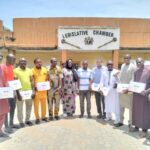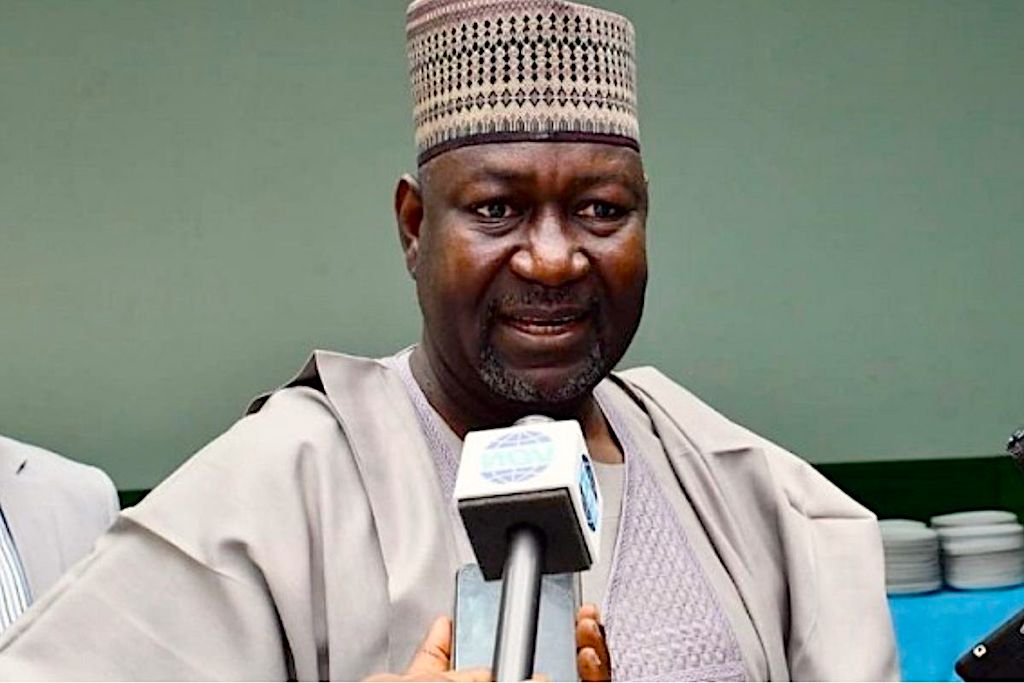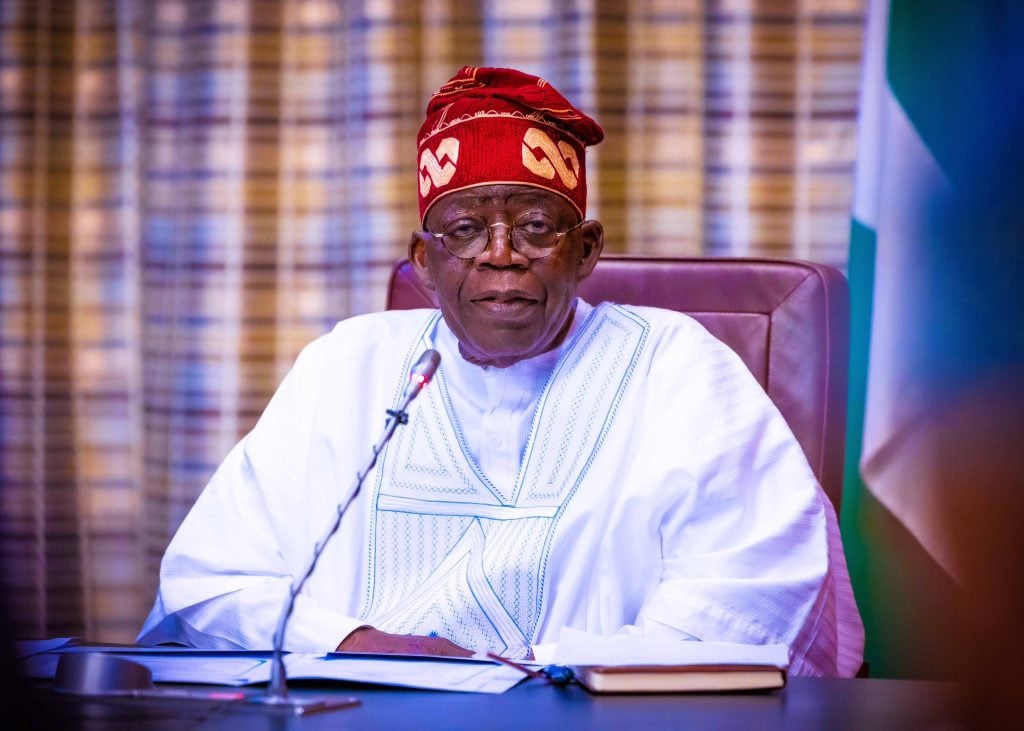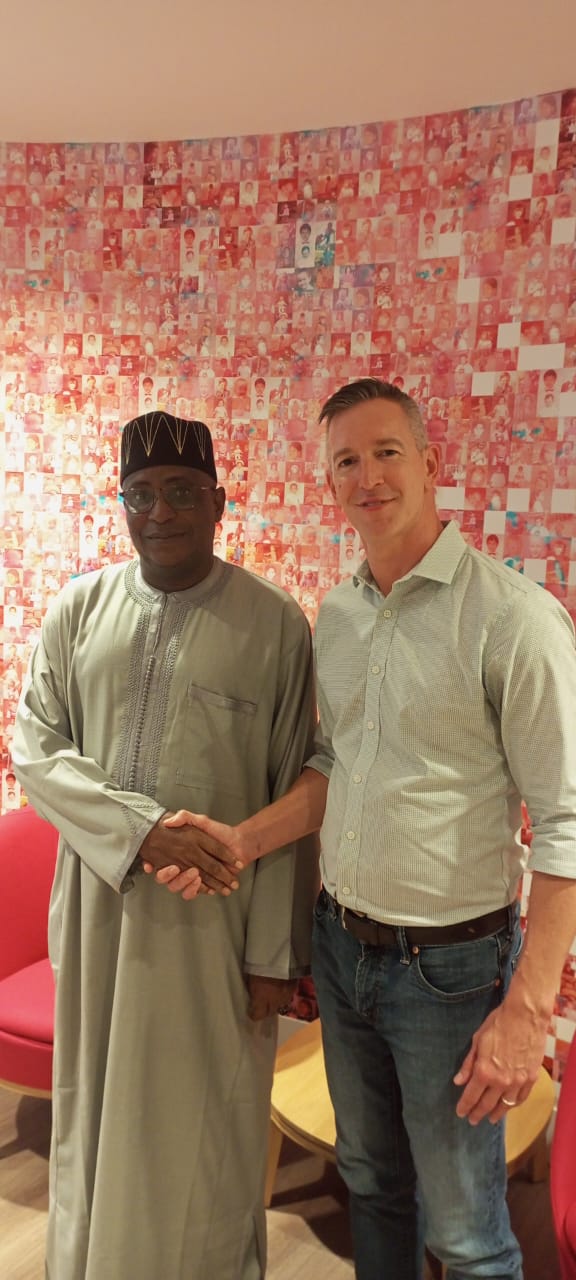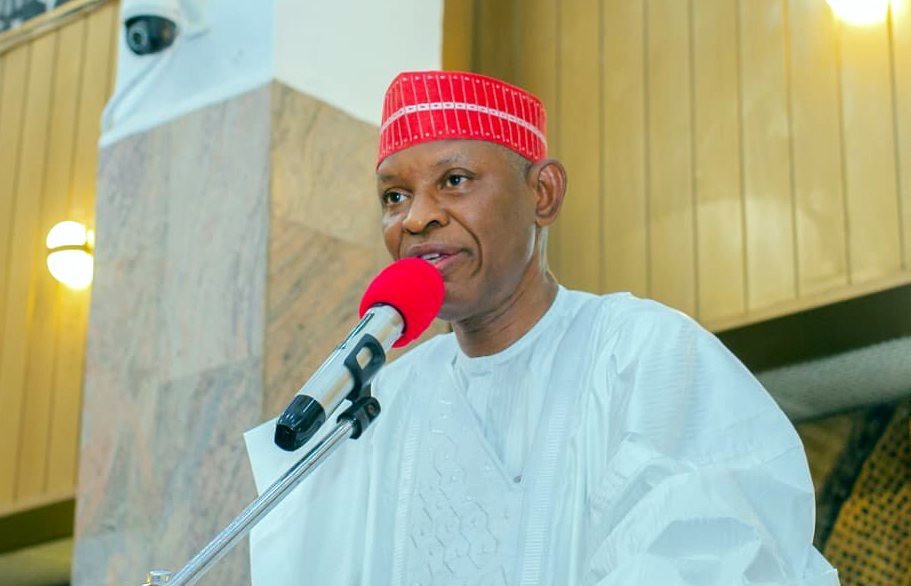In the aftermath of the ongoing energy crunch in the country that has lasted for weeks brought about by worsening electricity supply from the public mains, the Minister of Power, Abubakar Aliyu, in a media briefing, blamed the embarrassing situation on low water level in the nation’s hydro dams. The hitch in energy supply is not helped by the escalating fuel scarcity that is inflicting maximum discomfort on Nigerians.
During the briefing, he listed a number of measures that his ministry, in collaboration with other government agencies, are making to bring the shortfall under control. In his words, ‘the challenges have been identified and we have short term solutions as well as long term solutions’.
What the minister disclosed at the media briefing is not new to Nigerians. Power shortage is a perennial problem in the country that has defied solution for the simple reason that those in charge hardly think proactively. It is common knowledge that during the dry season, there is always a challenge with the hydro dams. So, in our view, that ought not to be a reason not to provide an alternative in anticipation of that challenge.
The tendency on the part of the officials is to let it happen, deliberately, we dare say, so as to engage in fire brigade measures with enormous cost implications. The worry is that, even with the cost, the measures are barely enough to stop the problem from re-occurring. All that sermon about wind mills and gas fed electricity are aspects of the incompetence that has consistently denied Nigerians the benefits of regular power supply.
The challenge, in our opinion, is that in government circles, especially in the power sector, no one is under pressure to deliver on their mandates. The only talk is that for power to be supplied on a stable basis, the cost must be in line with economic realities, that investors must be encouraged to invest more and have a comfortable return on investment. That has always been the argument that the cost per unit of electricity is not economic, not investor- friendly.
This was the argument that led to the unbundling of the public power structure and the involvement of the private sector operators. The result is a descent into the abyss of inefficiency which is inflicting more hardship on the average consumer.
Power deficit is one of the major infrastructure challenges confronting Nigeria with its attendant consequence of stifling the growth of most small and medium enterprises that rely heavily on electricity.
A report released by the World Bank not too long ago indicated that almost 90 million Nigerians were without electricity supply, further underscoring the fact that the nation is enmeshed in serious electricity deficit.




